Introduction
Sewer backup in basements is a common and distressing problem faced by homeowners. It occurs when the sewer line gets clogged or damaged, causing wastewater to flow back into the basement. This can lead to extensive damage to the property and pose health risks. In this article, we will discuss the causes of basement sewer backup, preventative measures to avoid it, and the appropriate steps to take in case of a backup.
Causes of Basement Sewer Backup
Clogged Pipes
One of the leading causes of basement sewer backup is clogged pipes. Over time, debris, grease, and other substances can accumulate in the sewer pipes, reducing the flow of wastewater. Eventually, the blockage becomes significant enough to cause the sewage to back up into the basement.
Tree Root Intrusion
Tree roots seeking water sources can infiltrate sewer pipes through small cracks or joints. As the roots continue to grow, they can cause severe damage to the pipes, leading to blockages and, ultimately, sewer backup in the basement.
Pipe Failures
Pipes can deteriorate over time due to age, corrosion, or poorly executed installations. When pipes crack or collapse, they can create obstructions or allow wastewater to leak into the surrounding soil. This can result in basement sewer backup.
Heavy Rainfall
During periods of heavy rainfall, the capacity of the municipal sewage system may be overwhelmed. This excess water can cause the sewers to back up into basements, especially if there is already a significant amount of debris or blockages in the pipes.
Preventing Basement Sewer Backup
Regular Maintenance
To prevent basement sewer backup, it is essential to maintain your plumbing system regularly. This includes getting the sewer lines inspected and cleaned by professionals periodically. Regular maintenance helps identify and address any potential issues before they escalate.
Avoid Flushing Inappropriate Items
To prevent clogged pipes, educate household members about what should and should not be flushed down the toilet or poured down the drains. Avoid flushing items like wipes, tampons, dental floss, grease, or cooking oil, as these can contribute to blockages.
Proper Disposal of Grease
Never pour grease or cooking oil down the drain, as they can solidify and cause blockages. Instead, collect the grease in a designated container and dispose of it in the trash.
Install Backwater Valves
Backwater valves are devices installed in sewer lines to prevent water from flowing back into the basement. These valves automatically close when there is a reverse flow, preventing sewer backup. Consult a professional to determine if a backwater valve is suitable for your property.
Grade Your Lawn Away from the Foundation
Ensure that the ground around your home’s foundation slopes away from the building. This helps prevent water from pooling near the foundation, reducing the risk of basement flooding and sewer backup.
What to Do in Case of Basement Sewer Backup
If you experience a basement sewer backup, it is crucial to take immediate action to mitigate damage and protect your health:
Turn Off the Main Water Supply
Shut off the main water supply to prevent further wastewater from entering the basement. This can help contain the damage and stop the backup from worsening.
Avoid Contact with Wastewater
Wear protective clothing, gloves, and boots to avoid direct contact with the contaminated water. Sewage backups can contain harmful bacteria, viruses, and other pathogens that can pose health risks.
Contact a Professional Restoration Company
Seek help from a professional water restoration company, such as Service Water Restoration Pros. They have the expertise, equipment, and experience to safely handle the cleanup and restoration process.
Document the Damage
Take photos and videos of the damage for insurance purposes. Documenting the extent of the damage will help with the claims process and ensure that you receive appropriate compensation.
File an Insurance Claim
Contact your insurance provider to initiate the claims process. Sewer backups may be covered under certain insurance policies, so it is essential to report the incident promptly.
Frequently Asked Questions
What should I do when my sewer backs up in the basement?
How can I prevent sewer backups in my basement?
Note: For more information, refer to the following resources:
– What To Do When Your Sewer Backs Up
– Protect your house from sewer backups | III
– Prevent Sewer Backups
– 6 Common Causes of Sewer Backups & How to Fix Them
– Don’t let sewer backups drain you financially
– How to Prevent a Sewer Backup Caused by Heavy Rains



